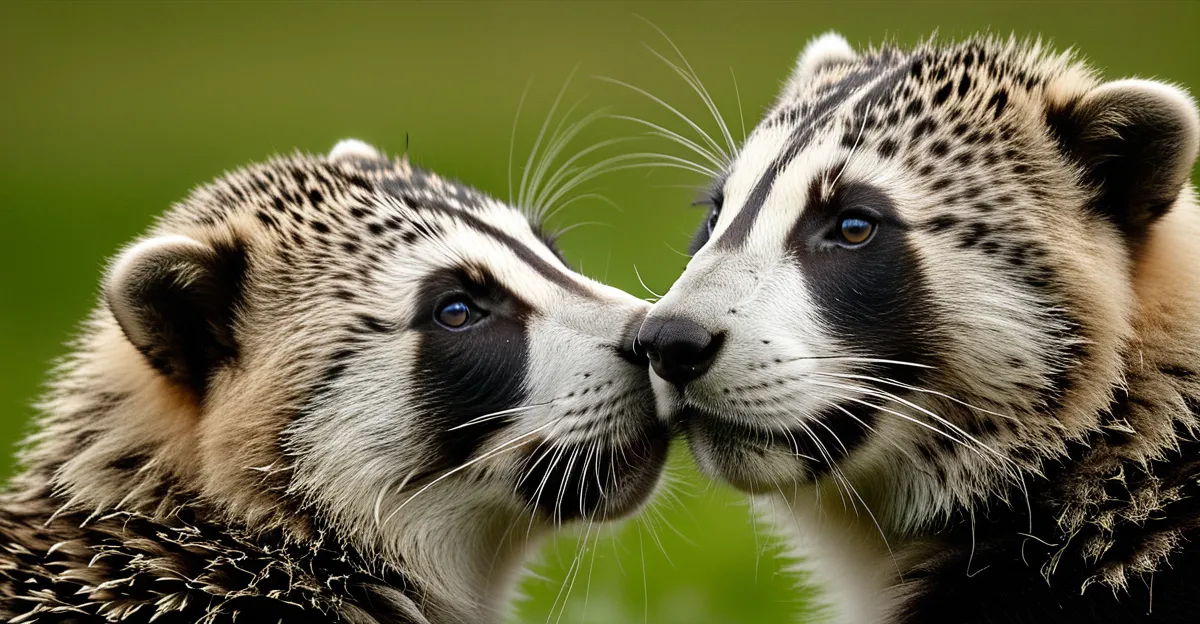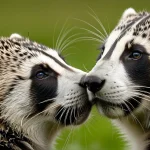Key Factors Influencing Pet Preferences Across UK Regions
Understanding pet preferences UK requires examining several crucial elements that vary regionally. Regional differences in pet choices often stem from distinct cultural backgrounds and traditions. For instance, some areas emphasize outdoor activities and ownership of dogs, while others prefer smaller or indoor pets. These cultural nuances deeply influence which animals become popular within communities.
Urban versus rural settings also play a vital role. Urban residents might gravitate toward cats or small breed dogs, reflecting space limitations and busy lifestyles. Conversely, rural environments allow for larger pets or more exotic animals suited to open spaces and active outdoor life. Thus, the living environment shapes pet selection by balancing practicality with preference.
In the same genre : How Does Pet Ownership in the UK Impact Mental Health?
Household types and lifestyle variations further contribute. Families with children often opt for energetic, family-friendly pets, while single adults or elderly residents might prefer pets that require less maintenance. These patterns showcase how lifestyle and demographics interconnect with pet preferences UK. Together, culture, environment, and household dynamics form a complex web of reasons behind pet choices across different UK regions, highlighting the importance of considering multiple factors when analyzing pet ownership trends.
The Role of Demographics and Household Dynamics
Understanding UK household types is key to grasping why pet preferences UK vary. Different household compositions, such as single occupants, couples, or larger families, heavily influence reasons for pet choices. For example, single adults often select low-maintenance pets like cats or small dogs, whereas families with children may prefer more energetic and interactive breeds.
Also read : The Best Guide to Training Your Dog in the UK
Demographic trends show generational differences in pet ownership. Younger adults tend to favor pets that fit busy lifestyles, including small or hypoallergenic breeds, while older generations often choose companion animals that provide comfort and require less exercise. This age-based preference affects how pets are distributed across regions with varying population age profiles.
Population density also plays a role. In densely populated urban regions, smaller pets that adapt well to limited space are preferred. Conversely, rural households benefit from larger homes and open areas, allowing for bigger dogs or animals requiring more space. These family structures and demographic features intertwine to create complex patterns in pet preferences UK, emphasizing that household dynamics must be considered alongside cultural and environmental influences to understand pet ownership fully.
Climate and Geography’s Impact on Pet Choices
The UK climate plays a significant role in shaping pet preferences UK due to varying weather patterns across regions. Colder, wetter areas, such as parts of Scotland and North Wales, often see a higher preference for breeds with thick coats, like Labradors or Huskies, which better withstand harsh conditions. In contrast, milder southern regions favor smaller or less weather-tolerant pets.
Geography and pets also influence which animals thrive and appeal in certain locales. Coastal areas tend to favor pets suited to outdoor activities and salt-air environments, while inland regions with dense urban centers lean towards indoor-friendly pets such as cats or small dogs. These environmental factors are crucial for pet owners to consider, ensuring animal welfare and satisfaction.
Adaptation in pet care practices is another outcome of geography’s impact. For instance, pet owners in rainy regions invest more in waterproof gear and covered outdoor spaces, whereas those in warmer parts may prioritize hydration and shade to protect pets. Recognizing the relationship between UK climate and pet choices helps explain regional variations in ownership patterns and highlights practical reasons behind popular pet preferences UK.







